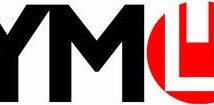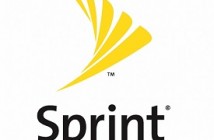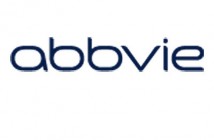Alibaba Group Holding Ltd (NYSE:BABA) executed 26 Tobacco merchants in an attempt to cleanup. Tobacco is Alibaba’s (NYSE:BABA) biggest selling marketplace online, hence the company had to take cleanup measures in order to negate the criticism that was heading its way. Alibaba (NYSE:BABA) was being criticised for not doing much against the selling of fake products.
The 26 merchants were accused of giving bribes to Alibaba (NYSE:BABA) employees for granting them favors. It is being speculated that the cleanup will continue taking place in the next year. Furthermore it is anticipated that the company’s tobacco selling volume will increase in the range of 15-20% which is almost half of the current volume range.
Alibaba (NYSE:BABA) spoke to its users through an open letter stating that honesty along with transparency and justice can actually secure the healthy progress of the online business structure. Alibaba (NYSE:BABA) further mentioned in the letter that on this platform there is no room for any short-cut or unwritten rule.
It is interesting to note that the company did not mention the word piracy in its open letter and there is no talk about it in the cleanup campaign either which is strange since a lot of fingers are being pointed at the company for not taking the matter seriously.
The cleanup campaign has its package of problems. Tobacco is undoubtedly Alibaba’s (NYSE:BABA) largest and most popular segment online. According to the latest quarterly report, Alibaba (NYSE:BABA) made $80.51 billion through its tobacco sales. In other words, tobacco made 63% of net GMV value in the company’s marketplace online.
After some of the staff members at Alibaba (NYSE:BABA) were given some extra responsibilities, the piracy issues developed. The company granted licenses to tobacco xiaoer to change a merchant’s credit as well as feedback received by the customers. Moreover, they had the ability to manage the access of a merchant into some promotional pursuits.
These staff members of the company became vulnerable targets who were offered bribes from the merchants who were looking for shortcuts to carry out illegal operations on the platform. By May 2012, Alibaba (NYSE:BABA) had made a disciplinary committee, but some merchants did not still care about the regulations and continued bribing the company’s staff in the form of either money, gifts or other favors.
Alibaba (NYSE:BABA) stated in its open letter that such attempts are against the law and the merchant’s involved in this behaviour will have their accounts ceased and the employees will receive punishments accordingly.
Alibaba (NYSE:BABA) also emphasized upon the role of the customers in reducing corruption. The company launched a link to a website which can be utilized by the customers to report any type of illegal activity that is found on the company’s online platform. Alibaba (NYSE:BABA) also cautioned its customers to keep a look out for any sellers who might claim to be the company’s exclusive agents.
China’s State Administration revealed two months ago that about 67% of Alibaba’s (NYSE:BABA) tobacco products were fake. However, Alibaba (NYSE:BABA) refused to accept the number and said that percentage released was exaggerated. Nevertheless, the issue of the fake products did impact the company’s reputation.




